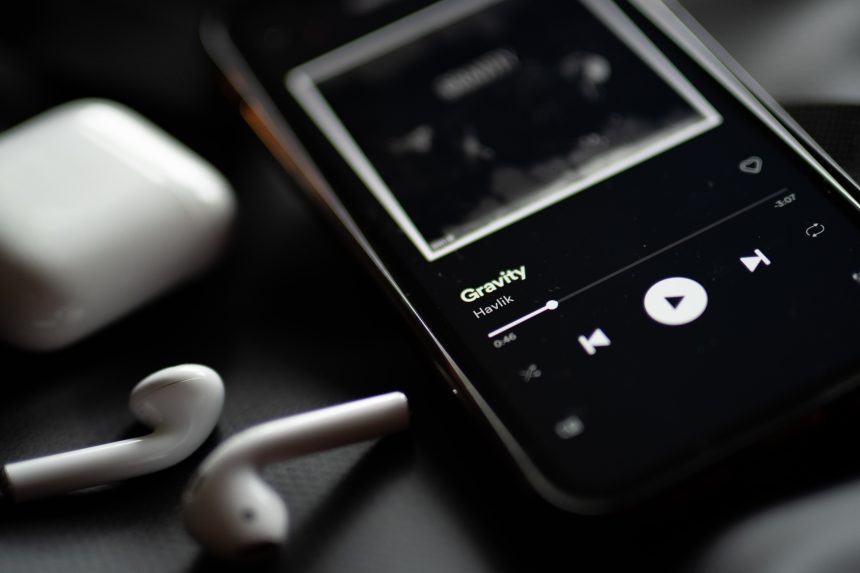In a recent public forum, Ghana’s Vice President Dr Mahamudu Bawumia stated that the government was working with local entities like MUSIGA and GHAMRO to launch a local Ghanaian digital music streaming platform to help local artists with royalties.
The Vice President stated that the new platform would launch in November of this year.
However, we predict that there will be a lot of headwinds and challenges if this new platform is launched next month.
Competition from Established Global Players
The competition from established global streaming services, which already have a strong presence and brand recognition, would be fierce. These platforms benefit from large catalogs of music, sophisticated recommendation algorithms, and substantial financial resources, making it difficult for a local platform to compete.

In Ghana, most users already have access to platforms like Spotify, Apple Music, YouTube and Boomplay. These platforms have local Ghanaian artists like Sarkodie, Amaraae, and Black Sherif in their catalog which can be streamed for a monthly fee.
In developing a local streaming platform, the Government will essentially be competing for plays with these entities that have major financial backing and steady traction with customers.
Moreover, local streaming platforms like Aftown, which onboard local Ghanaian music already exist and it would be more prudent for the Government to partner up and help market more local music startups and not build a new platform from scratch.
Economic Viability and Artist Compensation
The economic viability of a local streaming platform is questionable. The revenue model for such a service in Ghana would need to be carefully considered, as artists already face challenges in receiving fair compensation for their work with already established players.
According to open data. Spotify pays artists approximately $0.003 to $0.005 per stream. Therefore, for 1,000 streams, an artist would expect to receive between $3.00 and $5.00.
With the current digital economy in Ghana, it is uncertain whether a local platform could provide a sustainable income for artists.
To enable artists to receive higher compensation, the local streaming platform would have to charge a higher subscription fee in order for artists to be compensated more.
While the idea of a dedicated Ghanaian music streaming platform is appealing in promoting local talent and culture, the practical challenges it faces are significant.

We’re on record stating that Government administrations need to work on system building and enabling the environment rather than competing with local players.
If launched, the new music streaming platform will be dead on arrival unless the government plans on putting significant resources into building, scaling, and promoting the product.
Catch up on news and other tidbits on our WhatsApp Community Page, Twitter/X, and subscribe to our weekly newsletter to ensure you don’t miss out on any news.










